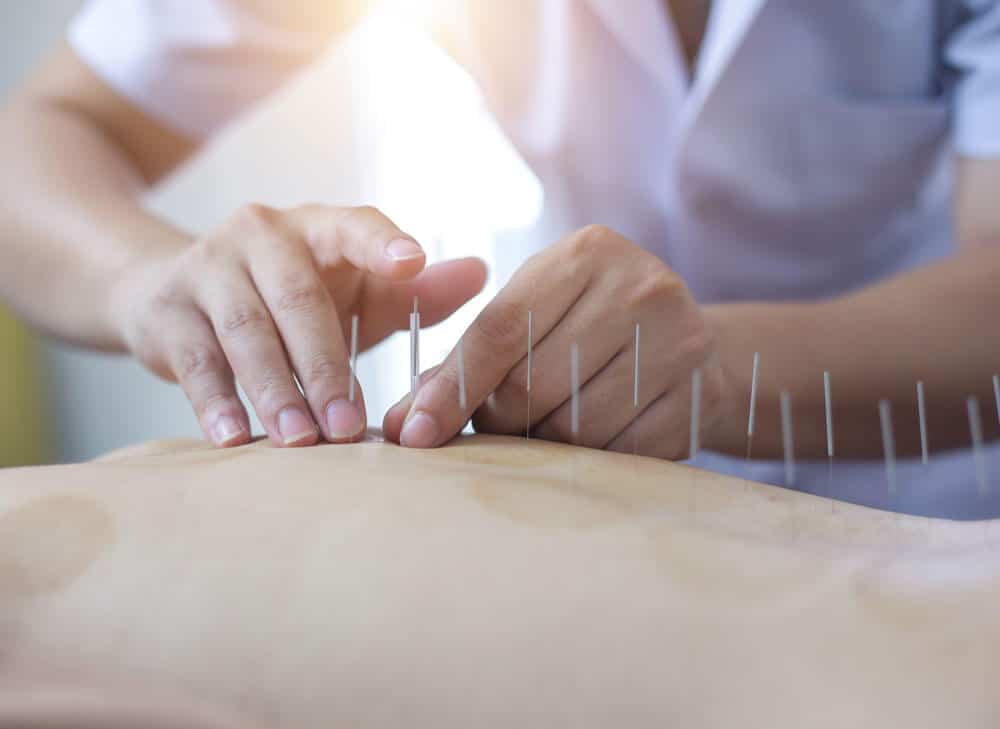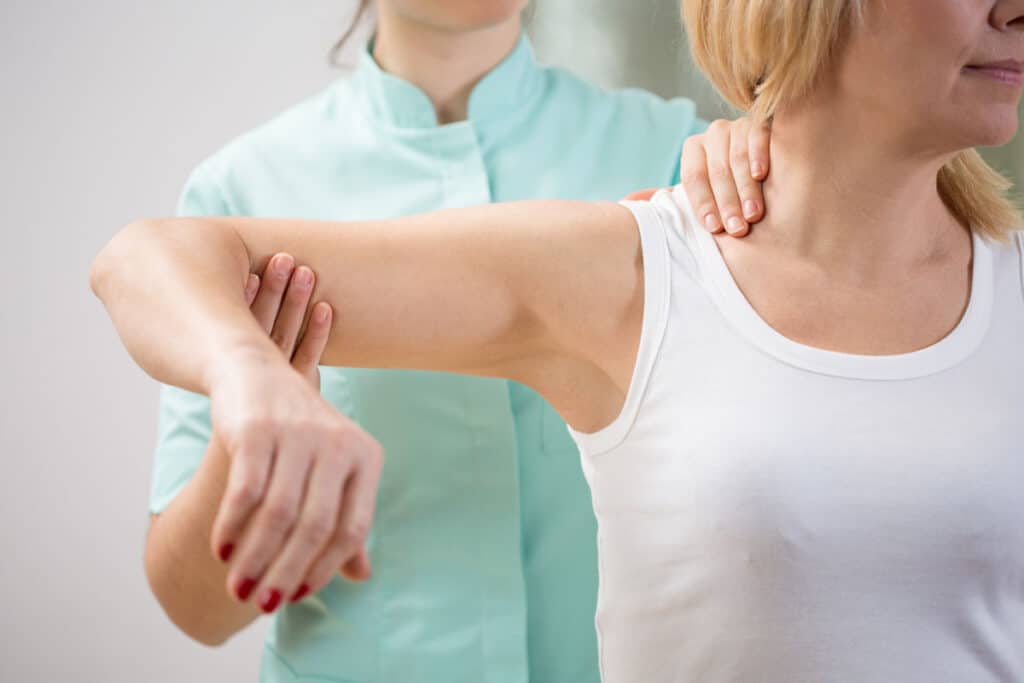Physiotherapists are clinical health professionals who diagnose, treat and rehabilitate people with musculoskeletal pain or dysfunction. Graduate Sports Rehabilitators are degree qualified healthcare practitioners who specialise in musculoskeletal management, exercise based rehabilitation and fitness. Our Physio’s and Graduate Sports Rehabilitators aim to restore normal function using a variety of techniques including manual therapy (massage, mobilisation, manipulation), exercise therapy, IASTM (instrument assisted soft tissue massage), acupuncture, electrotherapy and kinesiology taping.
Physio and Sports Rehabilitation can help with a variety of condition and injuries including:
Regular sports massage can help prevent injury by identifying areas of tightness before they become too troublesome. Sports massage involves manual manipulation of the muscles geared specifically towards helping people who have physically demanding lifestyles and/or hobbies. It is suitable for participants of any sporting activity at any level and equally for those who do not participate at all.
Benefits of Sports Massage include:
Acupuncture is one of the many skills used within physiotherapy and sports rehabilitation. It can be used to reduce pain via the stimulation of the brain and spinal cord to produce natural pain relieving chemicals, such as endorphins. It can also stimulate release of chemicals such as melatonin which helps to promote sleep and serotonin which enhances well-being. It also helps to increase blood flow locally where the needles are inserted and when used in this way can help to relieve myofascial tightness and trigger points. All these mechanisms can assist the body’s healing process and offer pain relief as a precursor for other manual or exercise therapy.
Our therapists are trained in western medical acupuncture for pain relief and dry needling, and where appropriate will use acupuncture alongside other treatment methods as part of an integrated approach to the management of pain, inflammation and myofasical tightness.


At your Initial Assessment a detailed history of your problem will be taken before a thorough physical assessment is carried out. During the assessment, your therapist will need to be able to examine the injured and surrounding area so we suggest you wear loose comfortable clothing that does not restrict your movement and, depending on the location of your injury, it may be advisable for you to bring shorts (hips/knees/backs).
Following the assessment, we discuss the injury and treatment plan with you. Where possible we try to carry out some treatment at the initial assessment (this is sometimes not possible if the examination takes a long time) but we always send you away with advice and exercises to do.
Gilbert House, Haig Rd
Parkgate Estate,
Knutsford WA16 8DX
info@akphysio.co.uk
01565 655299
07917 151 343
Sign up to receive updates, promotions, and sneak peaks of upcoming products. Plus 20% off your next order.
Sign up to receive updates, promotions, and sneak peaks of upcoming products. Plus 20% off your next order.